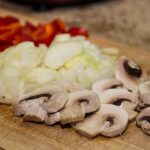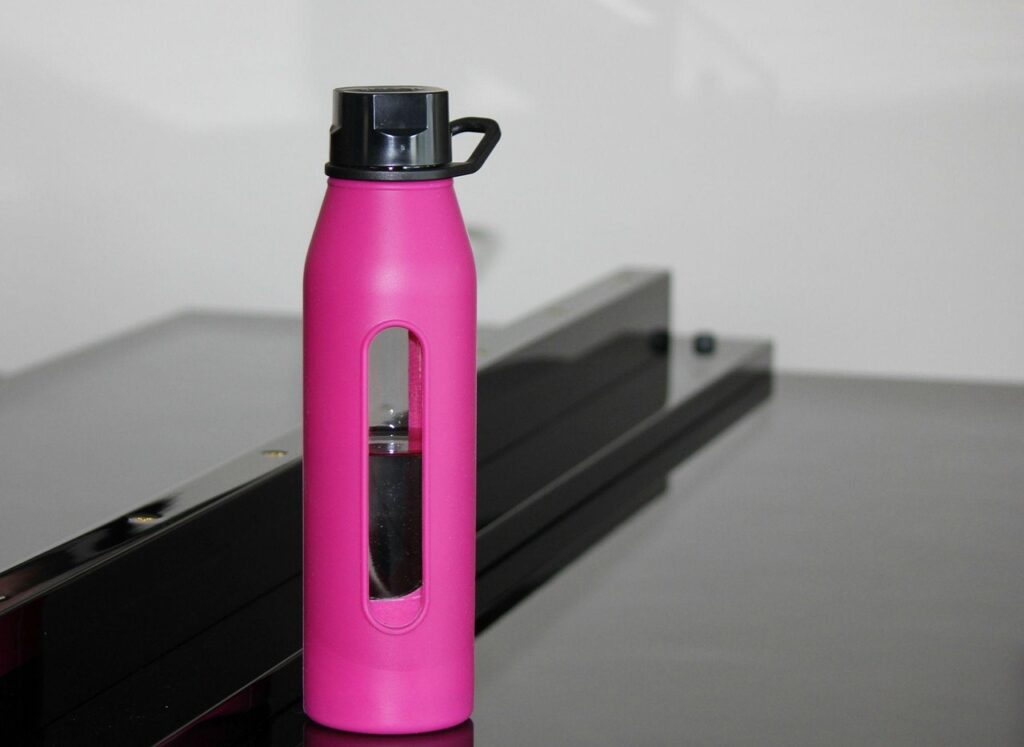Navigating food choices with Crohn’s disease or ulcerative colitis can feel like a guessing game. But while some foods can trigger discomfort, others may actually help soothe your gut and keep your body nourished. The right choices can provide essential nutrients without causing unnecessary irritation. Let’s break down some gut-friendly options that many people with IBD find easier to tolerate.
Lean Proteins: Gentle and Nutritious
Protein is crucial for healing and maintaining muscle, but fatty cuts of meat can be hard to digest. Instead, opt for lean sources like skinless poultry, eggs, tofu, and fish. Salmon and tuna are great choices because they’re also rich in omega-3 fatty acids, which may help reduce inflammation. If red meat is a must, go for leaner cuts and cook them in a way that’s easy on digestion, such as baking or slow-cooking.
Low-Fiber Fruits and Vegetables: Easy on the Gut
While fiber is important, too much roughage can aggravate an inflamed digestive system. The good news? You don’t have to avoid fruits and veggies altogether. Try peeled and cooked options like bananas, applesauce, carrots, squash, and zucchini. Canned fruits (packed in water, not syrup) can also be easier to digest than fresh ones. If you tolerate some fiber, avocados are a great option because they’re packed with healthy fats and potassium.
Refined Grains: A Smoother Ride
Whole grains are often touted as the gold standard, but for those with IBD, their high fiber content can sometimes be too harsh. Instead, refined grains like white rice, sourdough bread, and plain pasta may be gentler on the gut. Oatmeal is another solid choice—its soluble fiber can be soothing while still providing nutrients.
Healthy Fats: Easy Energy Without the Flare
While fried and greasy foods can be rough on digestion, not all fats are bad. Healthy fats like those found in olive oil, nut butters (if tolerated), and avocado can provide essential calories without causing excessive gut distress. Coconut oil is another option some people find easier to digest.
Lactose-Free Dairy Alternatives: A Gentler Option
Many people with IBD become sensitive to lactose, but that doesn’t mean dairy is completely off-limits. Lactose-free milk, yogurt with live cultures, and hard cheeses like cheddar or Parmesan tend to be easier to tolerate. If dairy continues to be a problem, plant-based alternatives like almond or oat milk can be good substitutes.
Bone Broth and Smooth Soups: Soothing and Nutrient-Rich
When your gut is feeling particularly sensitive, bone broth and smooth soups can provide hydration, electrolytes, and easy-to-digest nutrients. Blended soups made from cooked vegetables, like butternut squash or zucchini, can be a warm and comforting option.
Hydration Helpers: Keeping the Digestive System Happy
Drinking enough fluids is essential, but some beverages (like soda and alcohol) can be harsh on the gut. Water, herbal teas, and electrolyte drinks without artificial sweeteners can help maintain hydration without irritation. Coconut water is another excellent option for replenishing electrolytes naturally.
Trial and Error: Finding What Works for You
Everyone’s IBD experience is different, so what works for one person may not work for another. The key is to pay attention to how your body reacts to different foods and adjust accordingly. Keeping a food journal can help you track which foods make you feel your best.
The Bottom Line
While there’s no universal IBD diet, incorporating gut-friendly, easy-to-digest foods can help you stay nourished and feel your best. When in doubt, start with simple, well-tolerated foods and expand from there. And as always, working with a registered dietitian or healthcare provider can help tailor your diet to your unique needs.








